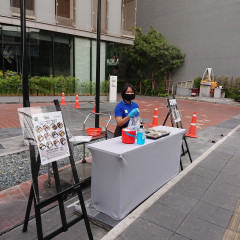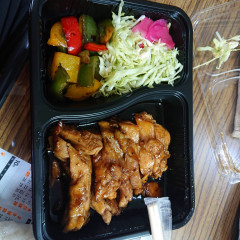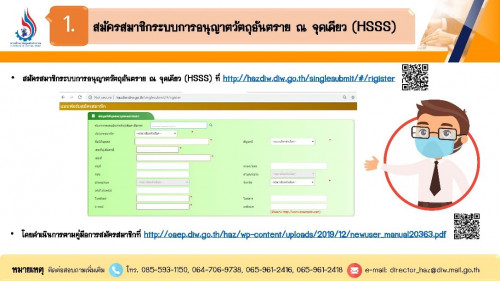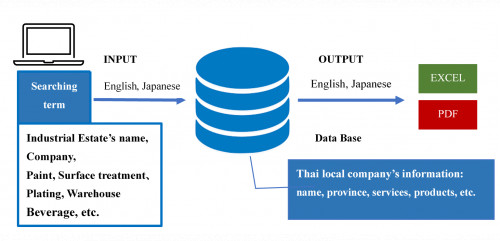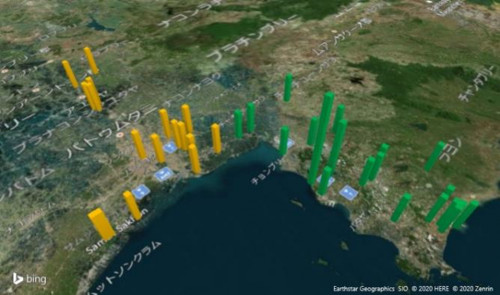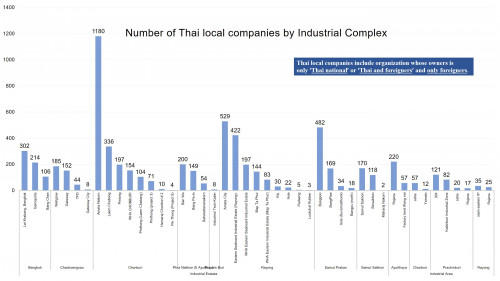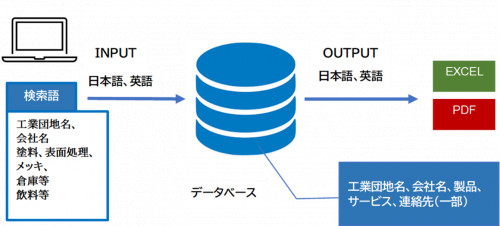Mr. Hashimoto, President of HS-TECH ENGINEERING Co., Ltd explained in depth of current status of Thailand, particularly Bangkok under strict containment policy to battle against COVID-19.
1. Trends in the number of deaths, new cases, hospitalization and recover and countermeasures by various sectors in Thailand.
2. Economic countermeasures by Thai Government
3. Even though overcame tragedies / disasters in the past 30 years
|
Year/Month |
Incident |
Trigger |
Remarks |
Area, affected |
|
1991 |
Military coup by the Army |
Coup |
Thai Chief commander assumed all executive authority |
Throughout the State |
|
1992/ May |
Bloody May |
Coup |
More than 300 dead in protest and repression against military rule |
Bangkok |
|
1997/ May – September |
Currency and Baht Crash |
Economy |
The unemployment rate rose to 4.0 in 98, with 42 finance companies suspended.9 |
Throughout the State |
|
2004 |
Sumatra Earthquake and Tsunami |
Meteorological |
5,395 dead |
Southern region of Thailand |
|
2006/ September |
Military coup by the Army |
Coup |
The Chief commander enforced martial law and took full control. Abolished the Constitution, Diet, Cabinet, and Constitutional Court and delegated powers to the interim prime minister. |
Throughout the state |
|
2008/ November |
International Airport Occupation |
Coup |
Certain political forces occupied Suvarnabhumi International Airport for about a week in protest against the current government |
Bangkok |
|
2010/ April – May |
Dark Saturday |
Coup |
More than 2,000 casualties due to political conflict |
Bangkok |
|
2011/ November |
Heavy flood |
Meteorological |
Seven industrial complexes, which are bases for a large number of Japanese companies, are flooded, and flooded by torrential rains, totaling about 4 trillion yen, 813 victims, and 9.5 million of people severely affected. Some Well-heeled industrial complexes implemented full-scale preparation against flood |
Northeast region and Bangkok area. |
|
2014/ May |
Military coup |
Coup |
The current prime minister takes full control and stabilizes the political situation. Large-scale projects of the Thai Board of Investment were given first priority. |
Northeast region and Bangkok area. |
|
2020/ February |
Order to dissolve political parties |
Political |
The Constitutional Court issued an order to lift the anti-military New Future Party, which won more than six million votes. It might be a one ofてぇ political instabilities. |
|
|
2020/ March - |
COVID-19 |
Infection |
Exports in the fiscal year ending March of the previous year are expected to be 4. 6% increase even though there is an impact on the lives of citizens due to the issue of curfews and the prohibition of restaurants On the other hand, the impacts on food, drink, travel, and the aviation industry are devastating. An estimation showed that millions of unemployed people would be occurred in this consecutive month. |
Throughout the state |
4. Will strong exports continue in April or forward?
Lunch box, served at hotel and face mask (Photos, taken on April 27, 2020)
You can download the article at

